Authoritarian Regimes Shared Which of the Following Features
In government authoritarianism denotes any political system that concentrates power in the hands of a leader or a small elite that is not constitutionally responsible to the body of the people. Authoritarianism is characterized by highly concentrated and centralized government power maintained by political repression and the exclusion of potential challengers.
Some significant characteristics of an authoritarian government are.
. Moreover they often act against them because they view them as weaknesses. Authoritarian regimes may be either autocratic or oligarchic in nature and may be based upon the rule. Modern authoritarian regimes have made the argument to their people that their model of government is stronger and better suited to tackle large-scale challenges than so-called messy democracies.
Totalitarian regimes share all of the following characteristics EXCEPT a n - decentralized approach to the economy. Legitimacy co-optation of citizens and elites use of democratic institutions and repression. Adam Przeworski has theorized that authoritarian equilibrium rests mainly on lies fear and.
An authoritarian leader is aggressive lacks empathy cares only about their own needs and also has a very low tolerance for frustration. The Russians under Stalin defined socialism to emphasize all of the following except. Limited political freedom with strict government controls imposed on political institutions and groups like legislatures political parties and interest groups.
Political scientists have created many typologies describing variations of authoritarian forms of government. In 1964 Juan José Linz Professor Emeritus of Sociology and Political Science at Yale University described the four most recognizable characteristics of authoritarian states as. An authoritarian government is a government that is not chosen by the people and has absolute power to govern as it pleases without consulting the people that they rule.
They play a central role in the conduct of elections and the organization of governments in all modern democratic polities and in those authoritarian regimes such as China Cuba and North Korea that channel elections and governments through a single permitted party. As a means of shaping nationalism dissatisfaction among nationalists with their own exclusion from power. All these countries started their careers with democratic institutions generally of the parliamentary type but barring a.
Corporatism in Latin America. Careful attention to the electorate and election campaigns. Careful attention to the electorate and election campaigns.
Theyre incapable of seeing the needs of others. Which of the following statements is true of authoritarian regimes. See the answer See the answer done loading.
Gandhis nonviolent revolution utilized all of the following except. B They have well-defined stable and predictable political institutions and processes based on a distribution of powers. Parties in democratic systems vary along several dimensions such as requirements for membership.
The importance of serving the interests of the rich. Anticolonial movements shared which of the following features. Authoritarianism is a form of government characterized by strong central power and limited political freedoms.
Authoritarian regimes shared all but which of the following features. Over the last century the United States government has often provided and continues to provide today financial assistance education arms military training and technical support to numerous authoritarian regimes across the world. The assertion of regime legitimacy is critical in the explanation of measure of rule and the attached durability.
It appeared in new forms in most of the countries in Asia and Africa which had become independent after the War. Types of authoritarian governments include absolute monarchy military dictatorship and ideologically-based regimes. Chinese nationalists believed that eliminating foreign influence was the essential first step towards nationhood.
A They are based on submission to authority characterized by ruling elites intolerance of opposition and human rights abuses. Anticolonial movements shared all but which of the following features. Prejudice and rigid thinking.
Authoritarianism principle of blind submission to authority as opposed to individual freedom of thought and action. Authoritarian regimes shared all but which of the following features. Authoritarian regimes shared all but which of the following features.
This essay will argue the following features allow for the durability of authoritarian regimes. Originally a chapter in the Handbook of Political Science this analysis develops the fundamental destinction between totalitarian and authoritarian systems. Totalitarian regimes have a few common features.
Asked Jun 28 2016 in Criminal Justice by Pitbull. A steady commitment to democracy. - tightly controlled military.
C They are characterized by a clear succession procedure. Authoritarian regimes shared which of the following features. Essay on the Authoritarian Regimes.
A A critique of existing society b A vision for a radically different and supposedly better society c A program for realizing this vision 2 A single political party usually led by one dominant leader 3 Continuous efforts to mobilize support for dominant leader and. It emphasizes the personalistic lawless non-ideological type of authoritarian rule the author calls the sultanistic regime. Authoritarian leaders often exercise power arbitrarily and without.
A controlling regime over the citizens The presence of a ruling executive with loosely defined and shifting powers Limited political freedom with strict government controls imposed on political institutions and groups on legislatures political parties and interest groups. 1 Centers on an encompassing ideology which offers. - secret police and media monopoly.
A variety of reasons have been provided to justify the apparent contradictions between support for dictators and the democratic ideals expressed in. After World War II dictatorship did not become extinct. Careful attention to the electorate and election campaigns.
Totalitarian regimes are based on the philosophy that people should have a voice in the manner in which they are governed. It uses political parties and mass organizations to mobilize people around the goals of the regime.

Authoritarian Government An Overview Sciencedirect Topics

Why Is An Authoritarian Government Bad Liberties Eu
Institutional Change In Authoritarian Regimes Pension Reform In Russia And China Problems Of Post Communism Vol 66 No 5
Authoritarian Regimes Africa Launch Intro Democracy In Africa
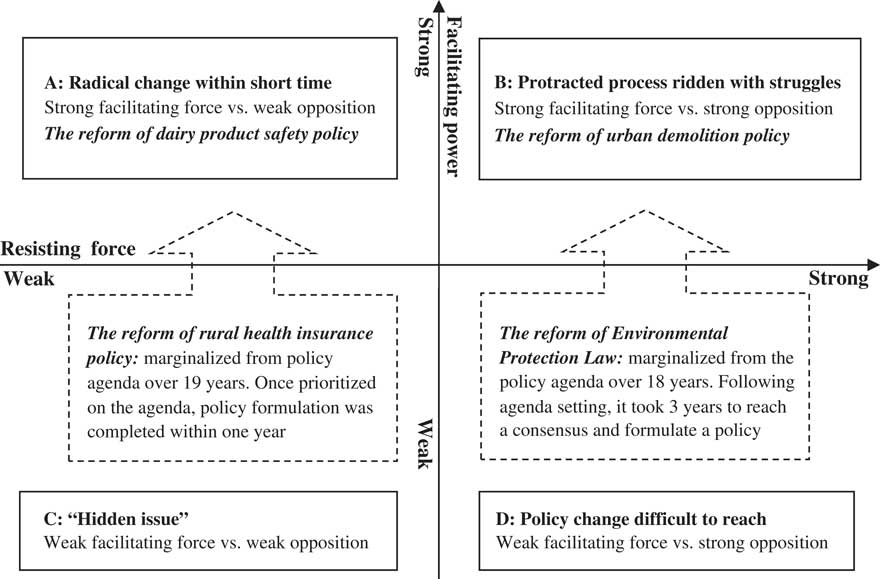
Dynamics Of Policy Change In Authoritarian Countries A Multiple Case Study On China Journal Of Public Policy Cambridge Core

Democracy Undone The Authoritarian S Playbook Overview The Groundtruth Project

What Explains The Rise Of Authoritarian Regimes Across The Globe
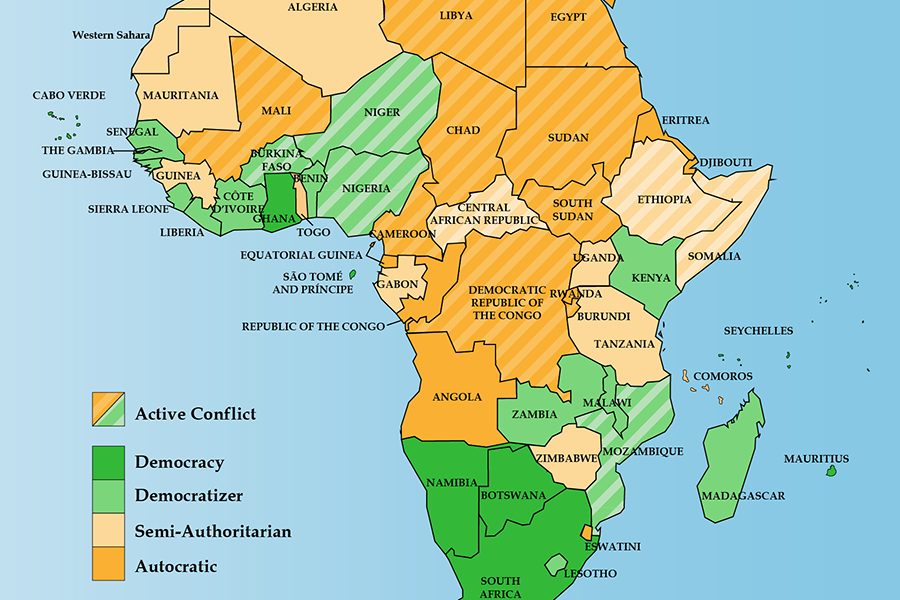
Autocracy And Instability In Africa Africa Center For Strategic Studies
Full Article Dynamic Dictators Improving The Research Agenda On Autocratization And Authoritarian Resilience

All Power To The Party The Sources Of Ruling Party Strength In Authoritarian Regimes Canadian Journal Of Political Science Revue Canadienne De Science Politique Cambridge Core
Full Article Enhancing Research On Authoritarian Regimes Through Detailed Comparisons Of China And Vietnam
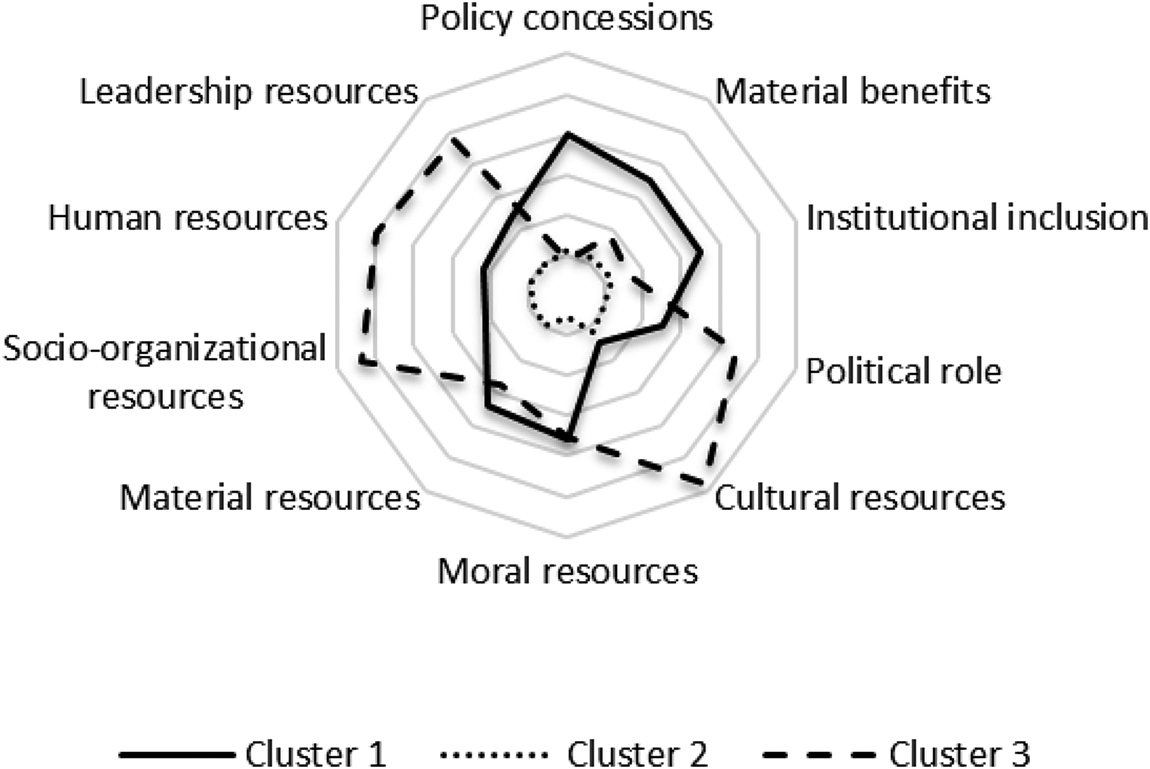
Co Optation And Repression Of Religion In Authoritarian Regimes Politics And Religion Cambridge Core
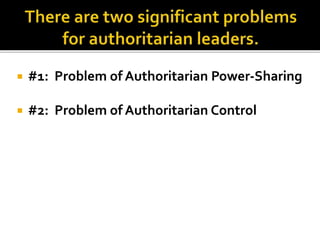
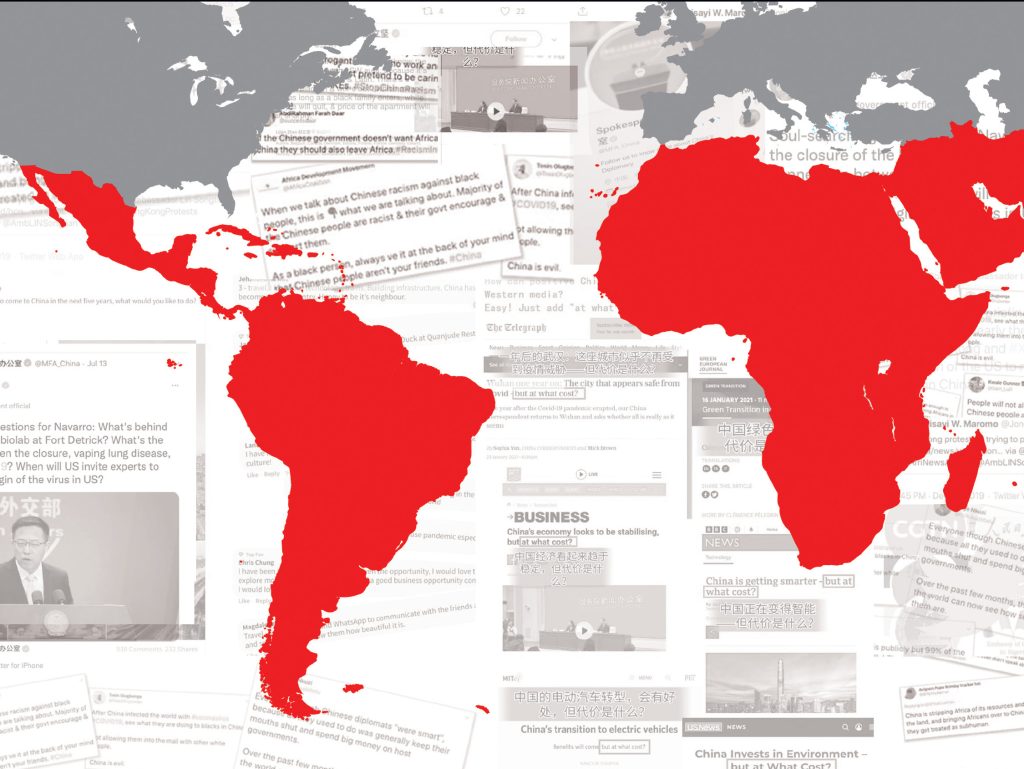

Comments
Post a Comment